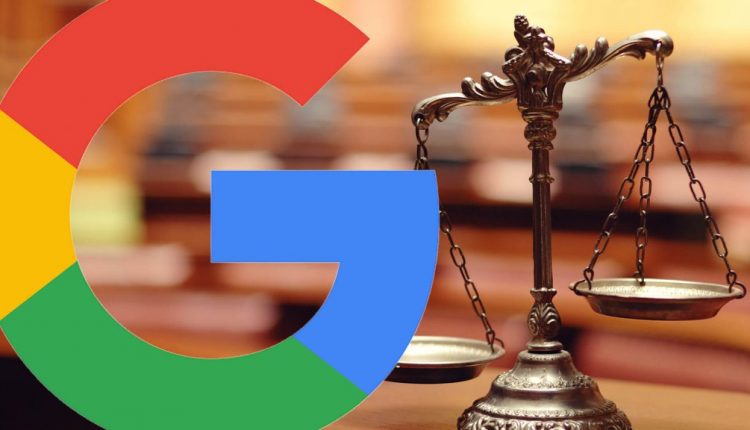Google, Amazon to face new antitrust inquiries in changed political climate
After almost two years of investigation and intense lobbying, the FTC closed its antitrust investigation of Google in January 2013. Google made some concessions but escaped significant penalties, with FTC Chairman Jon Leibowitz declaring at the time, “The law protects competition not competitors.”
DOJ and FTC divide up Google, Amazon. But almost from the moment of that decision, critics have been calling for round two. Now, according to multiple reports, the U.S. Justice Department (DOJ) and FTC have come to an agreement to divide up potential new antitrust inquiries involving Google and Amazon, with the DOJ taking Google and the FTC taking Amazon.
According to the NY Times the broad and vague areas of inquiry are Google’s “advertising and search practices.” This is probably the same issues and questions the Europeans have been focused on for the past six years. The FTC, which had started to take a closer look at Google again, is now referring all antitrust-related matters and complaints to the DOJ, according to multiple reports.
Amazon’s impact on retail economy. The potential inquiry into Amazon is even more vague but will reportedly look at whether Amazon’s business practices are adversely impacting competition and whether it wields too much power over the online retail economy. Recently Bloomberg reported that Amazon was “purging” SMB suppliers on the platform. While Amazon denied the charge this is the sort of thing that would be relevant to an antitrust investigation.
It’s far from clear that any concrete action will come from either of these moves, assuming they go forward. But we could be at the beginning of more protracted investigations. And the political climate is now supportive of these antitrust moves in a way it hasn’t been in the past.
Changed political environment. Both Republicans and Democrats now have complaints against these companies (and Facebook), though the specifics and motivations differ. Democratic presidential candidate Elizabeth Warren has even made breaking up big tech companies part of her campaign platform. The steady drumbeat of fines and penalties from Europe is also having an impact on U.S. regulators.
Finally, the 2016 election and subsequent data and privacy scandals negatively affected public perceptions of Facebook and Google but also the sector overall. To many these companies now appear less like benevolent and innovative job creators than pernicious influences on society.
Why you should care. It’s important to emphasize that these stories indicate potential investigations. Any antitrust findings or enforcement efforts could be years away. And right now the prospect of any major changes in the way Amazon or Google do business is very remote.
It’s not out of the question, however, that some “structural” changes to Amazon or Google’s business practices could potentially result if the government were to aggressively pursue these investigations with the goal of shaking up competition and the balance of power. Even then, it would have to prevail in court. Regardless, attitudes toward regulating these companies have shifted significantly since 2013.


